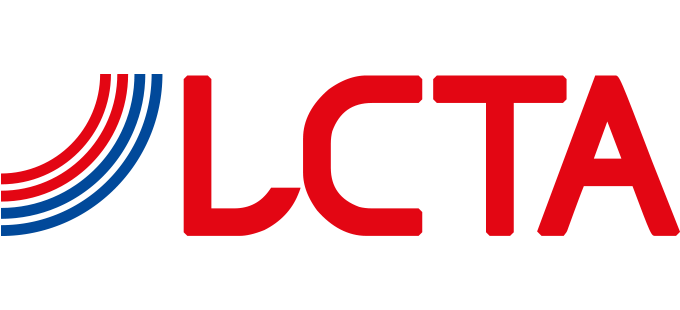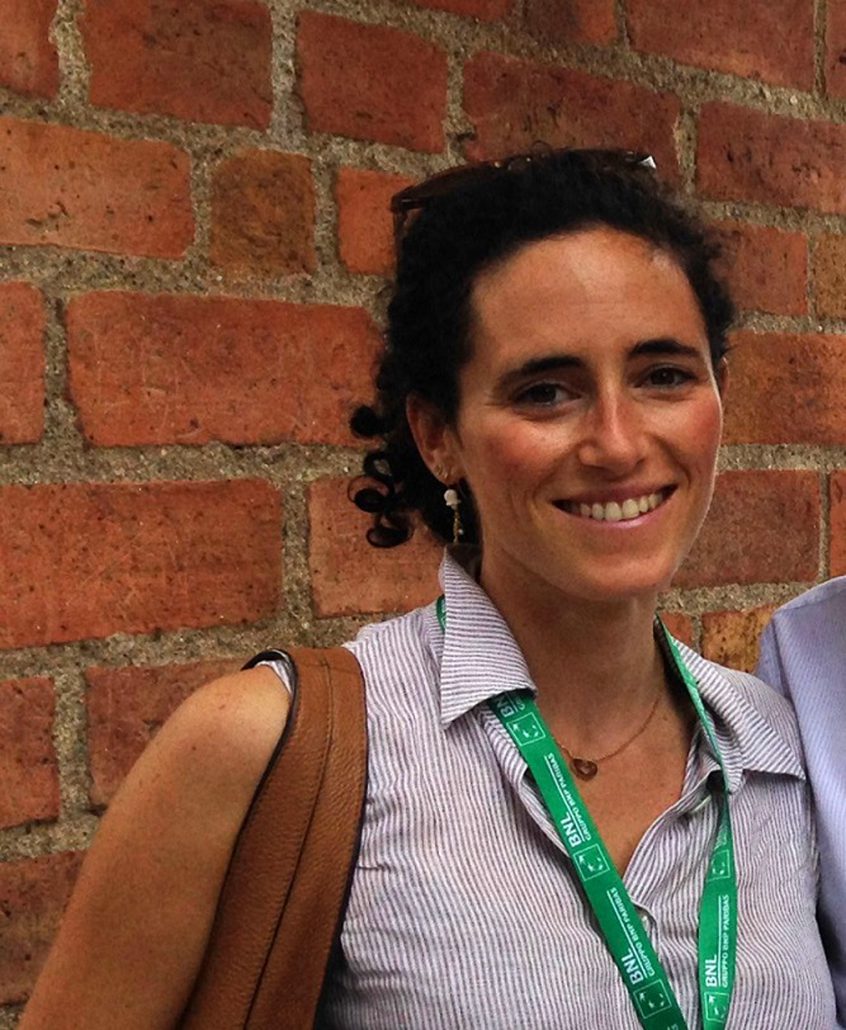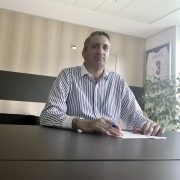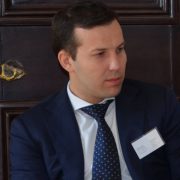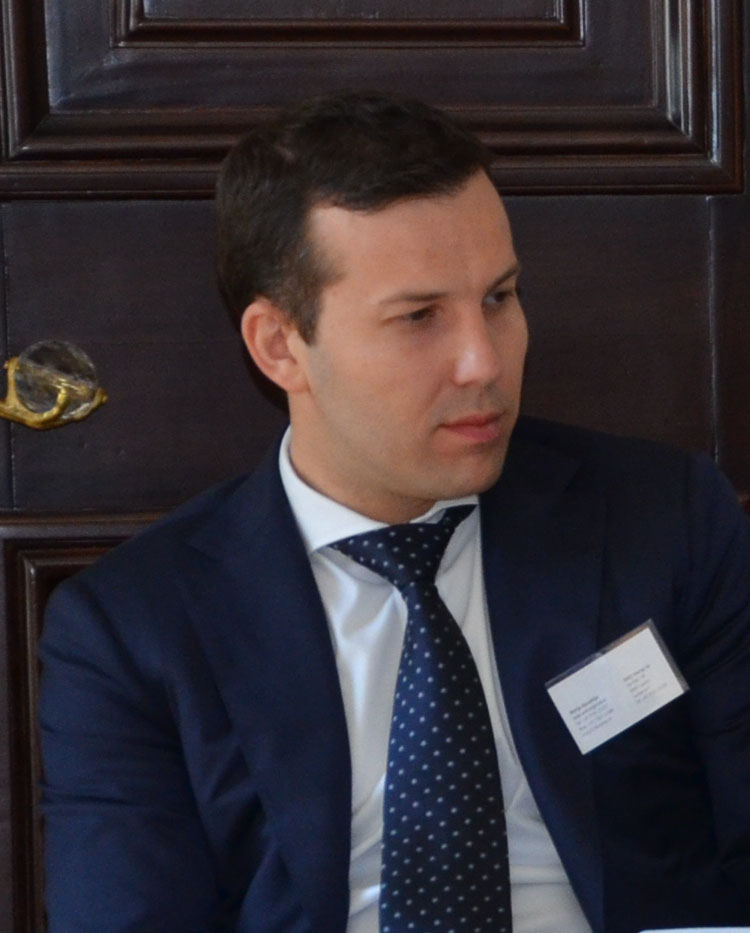Siderfer

What is the core activity of your company? Does your company focus on particular geographic markets?
Siderfer is a company taking care of steel and raw materials’ trading, such as coal and iron ore. Our reference markets to buy goods are those where we can find products at the most competitive prices, which are principally China (although at the moment it is getting harder because of all the duties), India, Russia, Ukraine, and Turkey. Whereas, as far as our selling market is concerned, our main one is Europe, where 80% of the business is concentrated in Italy.
In your view, what is the actual trend of your sector?
It is always hard, at least for our reality. Business is becoming a prerogative of the biggest trading companies, which have access to lower financial and logistic costs thanks to their big amount of work. Thanks to such a huge amount, they can accept a lower profit on what they sell. For us, on the contrary, it’s harder. Since our finance and field of activity are limited, and our cost are standard (free of privileges), our work got particularly arduous. In addition to this, we also have more transparency, which means that all our clients are aware of the products’ cost and availability on the market. Thus, it gets more complicated to find a way of making profits without taking to many risks in a market like this, risks that a company with the dimension of our has to avoid.
How do you judge the perspectives of your activity’s market?
It is a very uncertain perspective. In Europe it is getting darker: purchase sources are becoming less and less, due to this new protectionism that has been introduced in the United States. There is not much space to play, and if there is some, the competition there has gotten ruthless. For this reason, our company is turning into a service trading, which is completely clear in the relationship between the customer and the supplier, as both of them know exactly the purchase and the sale prices. As far as we are concerned, we are available for our clients to take care of the order, financially, logistically, and during the contractual phase. We offer a complete service, as if we were professionals, avoiding speculations and arbitration on the market’s prices.
What are the benefits of working in Lugano (Switzerland)?
I would dare to say every possible one. The debates about the fiscal reform, there have been lately, have really surprised me; I wouldn’t be so worried about losing companies that are already established here. My concern is that some of those companies could vanish due to the costs and the high value of the franc. Anyway I don’t see how they could possibly move away, because the benefits of being in Lugano, and in Switzerland in general, are much stronger than the economic and financial measurements. The job’s flexibility, the rational tax system, the friendly institutions, and the fact that there is not too much bureaucracy (so that the entrepreneur can mainly focus on his job, rather than on fulfilments), are just some of the benefits aforementioned. In my opinion, all the advantages of having a trading activity in Switzerland and in Lugano are incomparable to every possible downfall. I’m happy to be here, and I guess that our company will never go away.
Your opinion in one sentence to describe LCTA’s activity
I have been a member of LCTA for one year only, and I am absolutely honoured and grateful to be part of it. From my point of view, LCTA is doing a great job in two aspects in particular. The first one is the organisation of many events, which give the possibility to companies such as ours to network. For a company of our same dimension it is very important, since communication hasn’t always been good for us. In this day and age, indeed, we try to communicate and help each other. LCTA is turning into friendships all those relationships that could be competitive. The second one is the fact that LCTA is trying to bring new companies in Ticino, which is something important and necessary for the canton. I hope Marco Passalia’s effort is showing good results, because he definitely deserves it.
